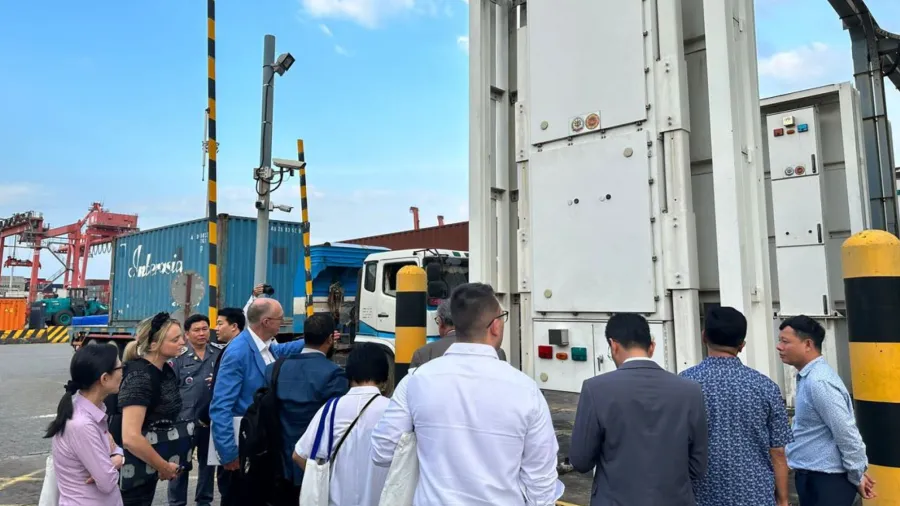
IAEA finds progress in Cambodia’s nuclear security
The country has ramped up preventive measures of criminal acts over nuclear materials.
The International Atomic Energy Agency (IAEA) has concluded an advisory mission to Cambodia, involving the assessment of the country’s nuclear security and other radioactive material out of regulatory control (MORC).
The team has determined that Cambodia has employed measures that respond to criminal or intentional unauthorised acts that involved such hazardous material.
However, IAEA has recommended for the country to expand its legal and regulatory framework with the establishment of a national nuclear law and sanction the Amendment of the Convention on the Physical Protection of Nuclear Material and the International Convention for the Suppression of Acts of Nuclear Terrorism.
Several good practices to bolster its nuclear security include the categorisation of offences in Cambodia’s legal framework, the detection of all import and export cargo containers, the usage of the IAEA mobile app TRACE (Tool for Radiation Alarm and Commodity Evaluation), and knowledge management and measures for staff.
ALSO READ: Global RE capacity up 50% YoY in 2023
“We are ready to provide continued support to Cambodia as they implement the IAEA INSServ mission recommendations and suggestions to enhance the nuclear security detection and response systems and measures relevant to MORC,” Elena Buglova, Director of the IAEA Division of Nuclear Security, stated.
The International Nuclear Security Advisory Service (INSServ) mission was held from 11 to 22 December through a team of nine international experts from Finland, Hungary, Japan, Morocco, Pakistan, the United States of America, Vietnam, and the IAEA.
The aim of the IAEA arm is to examine the state of nuclear security and provide recommendation to strengthen it with international guidance and best practices.
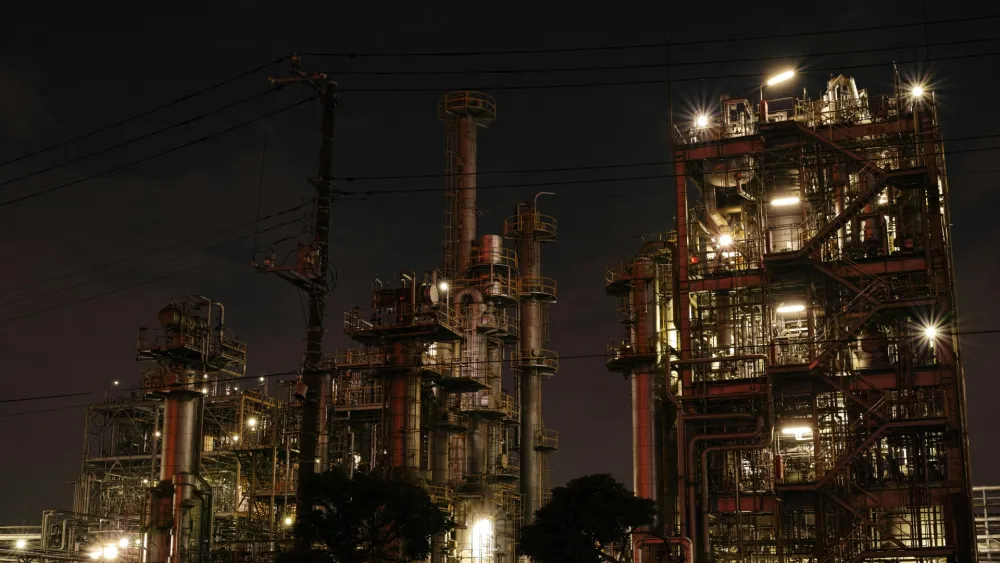
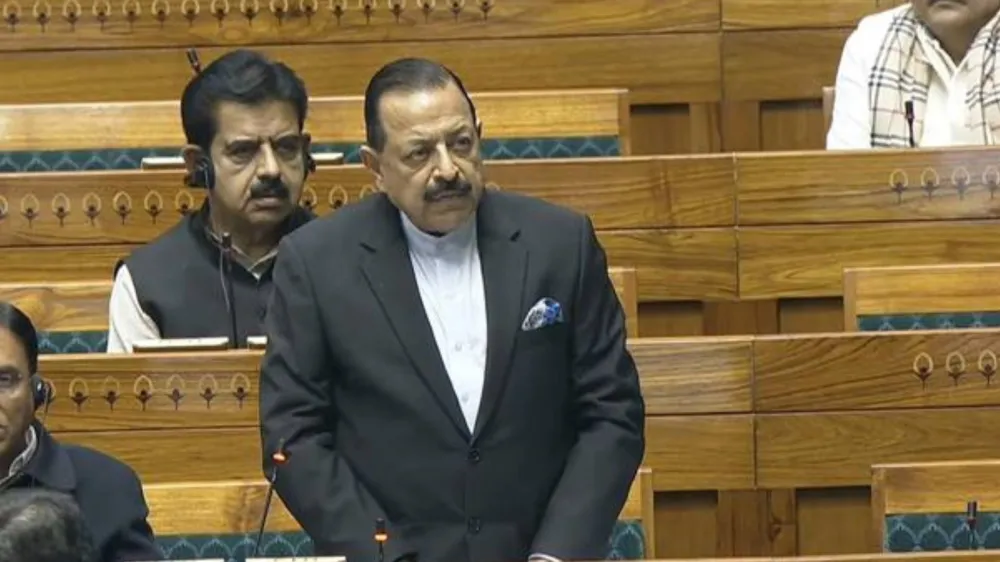

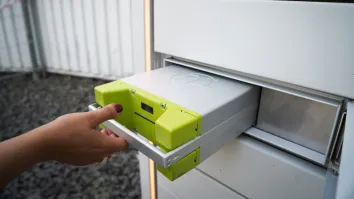

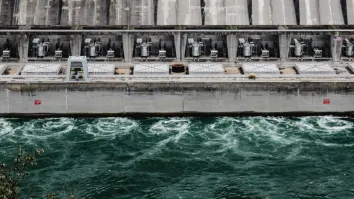













 Advertise
Advertise







